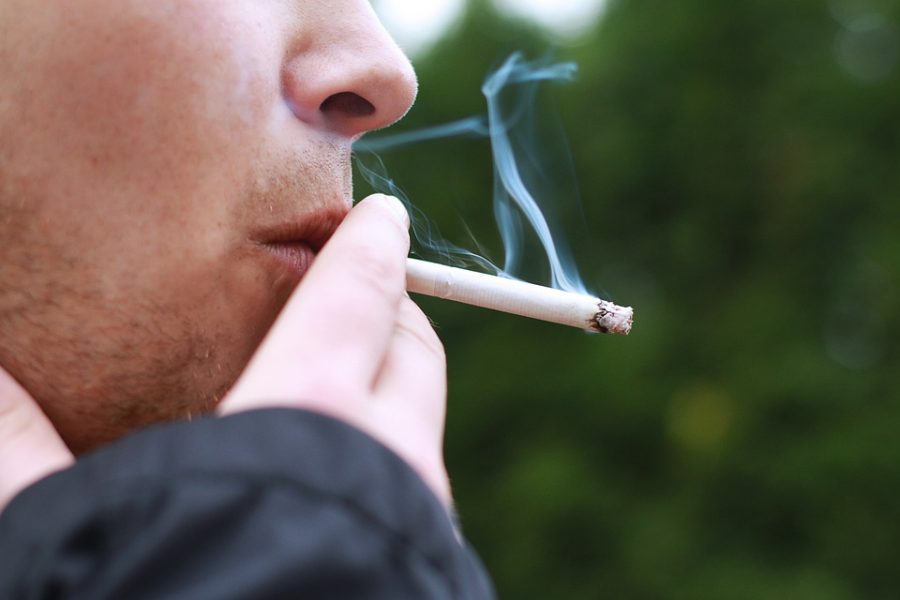As students who live in Cupertino, the sight of teenagers smoking, or actually anyone smoking, is a rare sight. So when news that California had changed its legal smoking age from 18 to 21 years old gained traction, we wondered― what effects would such a change have for parts of California outside of Cupertino? And why was such a change being implemented?

The tobacco bills, signed by Governor Jerry Brown, will not only affect regular cigarettes, but E-cigarettes, or vape pens, as well. This bill will go into effect from June 9 and, as NPR reports, will apply to everyone except for those in the military. The article mentions that “the bill had stalled for months until a compromise was reached to permit service members under 21 to continue purchasing tobacco.” This stall had occurred in order to avert threats made by the tobacco industry, one of which included the start of a referendum campaign. In other words, the industry wanted to hold a popular vote to counter the bill.
The New York Times reported that the raise in legal smoking age could “help prevent many young people from becoming addicted and reduce premature deaths from lung cancer and other tobacco-related diseases.”

While this might make a difference and deter illegal purchases and underage smoking, students under 21 years of age may still have ways to obtain cigarettes, either through their friends or adults that are of legal age to buy cigarettes. Raising the age won’t necessarily eliminate underage smoking. The age limit to buy vape pens during 2012-13 was 18 years old, but there was still a dramatic increase in their usage amongst those above the age of 18. If it didn’t work before with vape pens, why would it work now with cigarettes, vape pens, e-cigarettes and a slightly higher age limit?
Co-authored by Jennie Chen








